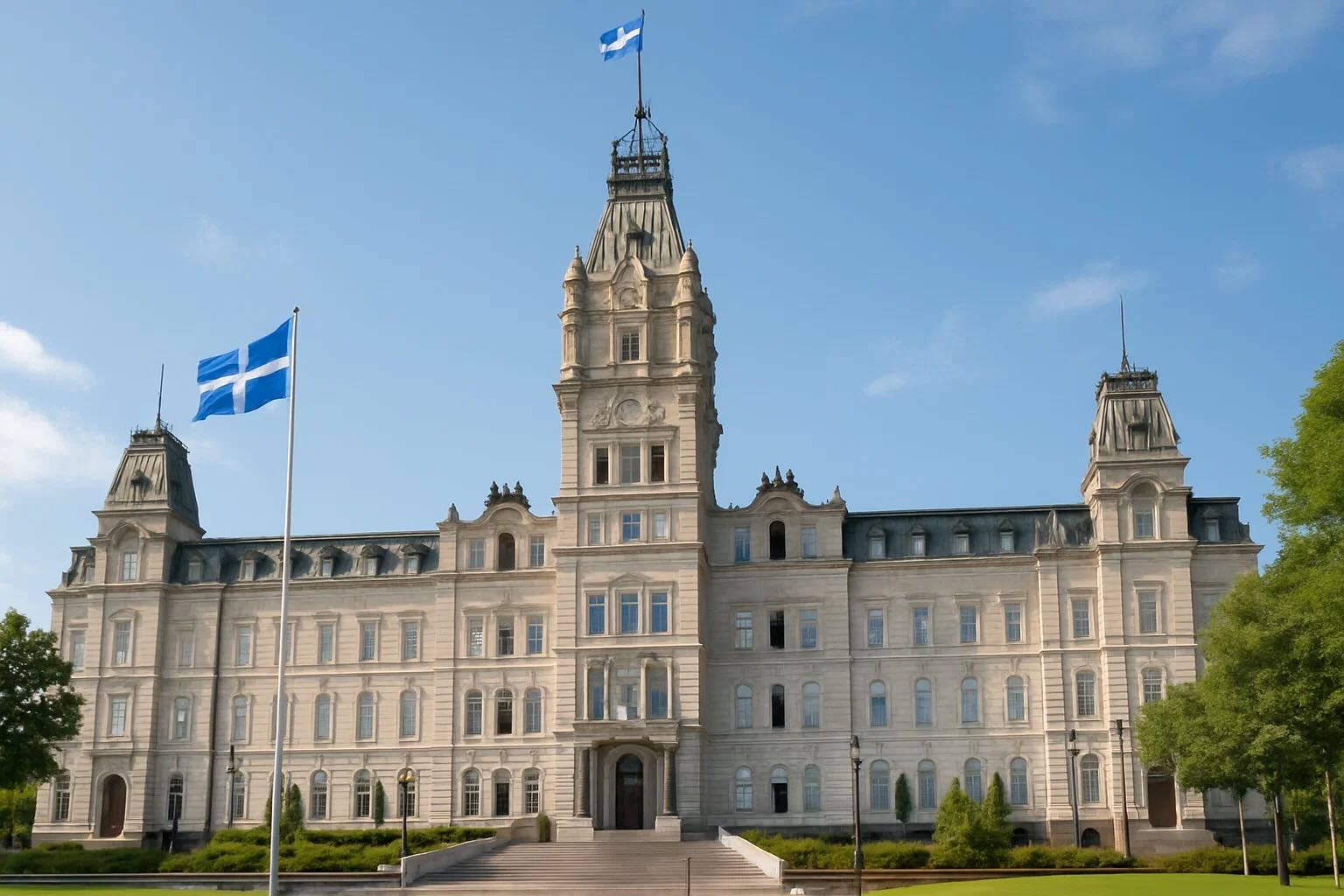
For numerous Canadian families unable to secure an invitation through the lottery for the Parents and Grandparents Program (PGP), the dream of long-term reunion with their elders in Canada can seem distant. However, the "Super Visa" program, offered by Immigration, Refugees and Citizenship Canada (IRCC), is increasingly becoming the ideal pathway for families to achieve this goal.
The Super Visa is essentially a long-term, multi-entry visitor visa valid for up to 10 years. Unlike a standard visitor visa, which typically allows a maximum stay of six months, a Super Visa holder can remain in Canada for up to five years at a time. Furthermore, they can apply for an extension of up to two years, meaning they can live in Canada continuously for up to seven consecutive years.
Super Visa vs. PGP: A Breakdown of Key Differences
The Super Visa's popularity stems from its significant advantages over the PGP. Here is a core comparison of the two programs:
- Accessibility: The PGP relies on a lottery system, currently issuing invitations only to potential sponsors who submitted an interest form in 2020. Its quotas are limited and success is uncertain. In contrast, the Super Visa is open for applications year-round, offering much higher certainty for any sponsor and applicant who meet the criteria.
- Immigration Outcome: The ultimate goal of the PGP is to grant applicants Canadian permanent resident (PR) status, with access to public healthcare and other benefits. The Super Visa grants visitor status, which does not include the right to work or study, and holders are not eligible for public health insurance.
- Sponsor Income Requirements: Both programs require sponsors to meet income thresholds, but the standards differ. The Super Visa requires sponsors to meet the Low-Income Cut-Off (LICO), while the PGP requires the relatively higher Minimum Necessary Income (MNI).
- Cost and Processing Times: Super Visa application fees start from CAD 100, and processing is relatively fast, typically taking a few months depending on the applicant′s country of residence (e.g.,approximately 89 days from the U.S., 129 days from India). Incontrast, PGP application fees start from CAD 1,205, and the current processing time for applications outside of Quebec is 36 months.
- Sponsorship Undertaking: A Super Visa sponsor's financial undertaking is limited to the duration of the parent's or grandparent's stay. A PGP sponsor, however, must sign a legally binding undertaking for 20 years (10 years in Quebec).
Eligibility Criteria: Requirements for Sponsors and Applicants
Requirements for the Sponsor (Child or Grandchild):
- Must be a Canadian citizen, permanent resident, or a registered Indian under the Indian Act, and be at least 18 years old.
- Must provide a written letter of financial support.
- Must meet or exceed the Low-Income Cut-Off (LICO) as defined by Statistics Canada.
Requirements for the Applicant (Parent or Grandparent):
- Must apply from outside of Canada.
- Must purchase and maintain qualifying private medical insurance from a Canadian insurer.
- Must be admissible to Canada, which includes passing a medical examination.
- The application may include a spouse or common-law partner but cannot include dependents.
Boosting Your Success Rate: How to Address Three Common Reasons for Refusal
To ensure a smooth application process, applicants should proactively prepare documentation to address the key concerns of immigration officers.
1. Insufficient Ties to Home Country
Immigration officers must be convinced that the applicant will leave Canada at the end of their authorized stay. Strong ties to their home country can be demonstrated with documents such as:
- A letter from an employer or proof of pension.
- Lease agreements or proof of property ownership.
- Records of other financial assets, such as bank statements or investments.
- Proof of other family members (e.g., a spouse or other children) remaining in the home country.
2. Inadequate Proof of Financial Support
In addition to the sponsor’s letter of invitation, the application must include robust evidence of their ability to cover all expenses for the applicant during their stay, according to LICO requirements. Valid documents include:
- Recent bank statements.
- Pay stubs.
- The most recent Notice of Assessment (NOA) issued by the Canada Revenue Agency (CRA).
- An employment letter stating position, salary, and date of hire.
- T4 or T1 tax records for the previous tax years.
3. Potential Medical Inadmissibility
An application may be refused if the applicant’s health condition is expected to cause excessive demand on Canadian health or social services. Therefore, thorough medical documentation is crucial:
- Mandatory Medical Insurance: Proof of purchase of a valid medical insurance policy from a Canadian insurer (or an approved foreign provider) is required. The policy must:
- Provide a minimum coverage of C$100,000.
- Cover health care, hospitalization, and repatriation.
- Be valid for at least one year from the date of entry.
- Disclosure of Health Conditions: Most applicants will be required to undergo an immigration medical exam. Applicants should disclose all medical conditions. If there are chronic conditions, providing medical records showing that they are stable and well-managed can reduce the risk of refusal.
The Application Process Explained
Super Visa applications must be submitted by the parents or grandparents themselves from outside Canada. The general steps are as follows:
- Purchase the required medical insurance.
- Gather all necessary documents, including but not limited to the sponsor’s letter of invitation, proof of income and status in Canada, proof of relationship, and the insurance policy.
- Submit the application online through the IRCC Portal and pay the required fees.
- Provide biometrics (fingerprints and a photo) at a designated location, if requested.
- Complete an immigration medical exam after receiving instructions from IRCC.
- Once the application is approved, the applicant will receive instructions to submit their passport for visa stamping. Citizens of visa-exempt countries will receive a letter to present to border services officers upon arrival in Canada.
It is important to note that applicants from visa-exempt countries must also apply separately for an Electronic Travel Authorization (eTA) in addition to their Super Visa application.
In conclusion, while the Super Visa does not lead to permanent residence, its accessibility, high certainty, and provision for long-term stays make it an excellent choice for Canadian citizens and permanent residents seeking to reunite with their parents and grandparents in the current immigration landscape.









